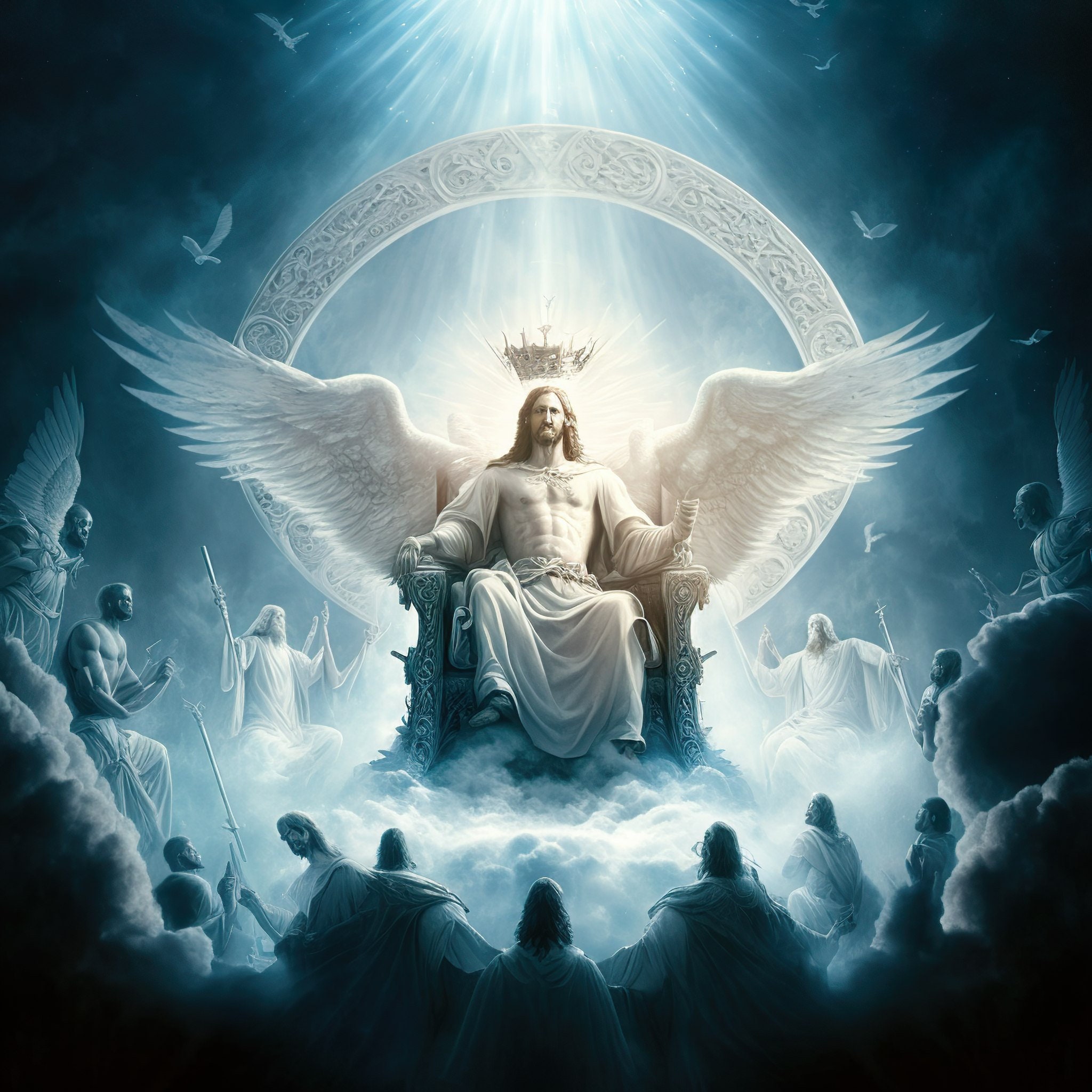In the realm of spirituality and religion, the understanding of the Divine often varies widely across cultures and traditions. Yet, within the tapestry of these various beliefs, the Baha’i Faith presents a compelling narrative about the nature of God—as a storyteller. This reflection on the Creator not only beckons a shift in perspective but also invites individuals to engage deeply with the divine aspects of creation. Through the lens of Baha’i teachings, this exploration unveils a God who is not distant and unapproachable, but rather intimately involved in the story of humanity.
At the core of Baha’i teachings lies the notion that God is a supreme, transcendent being who has the ability to craft narratives that reflect his infinite wisdom and love. This image of God as a storyteller reimagines the traditional conception of the Divine. Instead of viewing God as a detached architect of the universe, one comes to see Him as a compassionate author, weaving tales of existence that are both profound and intricate. In each twist and turn of our lives, His fingerprints are evident, guiding and influencing the progression of events.
The metaphor of storytelling serves as a foundation to understand the purpose of human life. Each individual is a character within this grand narrative, endowed with the capacity to develop and choose their paths. Baha’i teachings emphasize that human beings are born with the potential for greatness, akin to protagonists in a tale, armed with the ability to enact change and foster unity. This perspective invites a seismic shift in how one perceives purpose—no longer are lives viewed merely as individual journeys but rather as integral components of a larger narrative. The faith posits that through our actions and choices, we contribute to the ongoing story that God is writing.
Moreover, God’s narratives are not static. They evolve with humanity. Revelation is a dynamic process, and Baha’i beliefs articulate that God’s guidance has been revealed incrementally throughout history. Each revelation is a chapter, enriching the story of humanity. Foundational figures, such as Moses, Jesus, Muhammad, and Baha’u’llah, each contribute unique wisdom to this collective narrative, ultimately leading humanity toward a more profound understanding of oneness and truth. This concept fosters curiosity in believers and non-believers alike, as it encourages an exploration of historical and spiritual contexts that shape our current existence.
In the Baha’i worldview, the stories inspired by God are not confined to religious texts alone. Nature itself is a canvas of divine storytelling, giving rise to phenomena that reflect spiritual truths. The magnificence of creation, from the vastness of galaxies to the intricacies of a single flower, can be interpreted as chapters of God’s grand narrative. This perspective urges individuals to appreciate the beauty, complexity, and interconnectedness of life, spurring a deeper sense of gratitude and reverence for the universe. Each day offers a new page, replete with experiences, lessons, and opportunities for growth.
Furthermore, the Baha’i principle of unity highlights an essential aspect of God’s narrative—the interconnectedness of all humanity. Just as diverse characters enrich any story, so too do the varied cultures, traditions, and beliefs of people around the world contribute to the richness of the global narrative. The Baha’i Faith upholds that every individual, regardless of background, plays a crucial role in the unfolding drama of human development. This promotes a profound respect for diversity, urging adherents to cherish and learn from the multitude of perspectives that populate the human experience.
As one delves deeper into the teachings, the concept of choice emerges as a pivotal element of this divine narrative. Just as an author gives characters agency, Baha’i beliefs assert that individuals possess the ability to shape their destinies. The exercise of free will signifies that, while God has authored a storyline, it is up to humanity to interpret, internalize, and enact it. Choices made within this framework are imbued with significance, as they resonate through the interwoven tales of our fellow beings. The path one pursues contributes not only to their personal story but also to the larger narrative that encompasses all of humanity.
In the light of these reflections, one might wonder about the conclusion of this divine anthology. Unlike typical narratives which often culminate in closure, the Baha’i understanding of humanity’s story suggests ongoing development. There is no definitive ending; rather, the story unfolds continuously, chapter by chapter. Every action taken towards peace, justice, and unity advances the plot, weaving a future rich with potential. This concept fosters hope, as each individual, through conscious effort and alignment with divine principles, contributes to the next chapter yet unwritten.
In conclusion, the Baha’i depiction of God as a storyteller profoundly impacts how individuals engage with their spiritual beliefs and with one another. By perceiving themselves as characters in a divine narrative, believers can cultivate a sense of purpose and interconnectedness that enriches their lives and the lives of those around them. The acknowledgment that God actively writes stories—intertwining individual experiences with universal themes—promises not only a shift in perspective but also an invitation to explore the depths of one’s own narrative. The journey becomes less about seeking answers and more about embracing the continuity and richness of life’s unfolding story, where every person plays an essential role in the intertwined saga of humanity, guided by divine grace.
